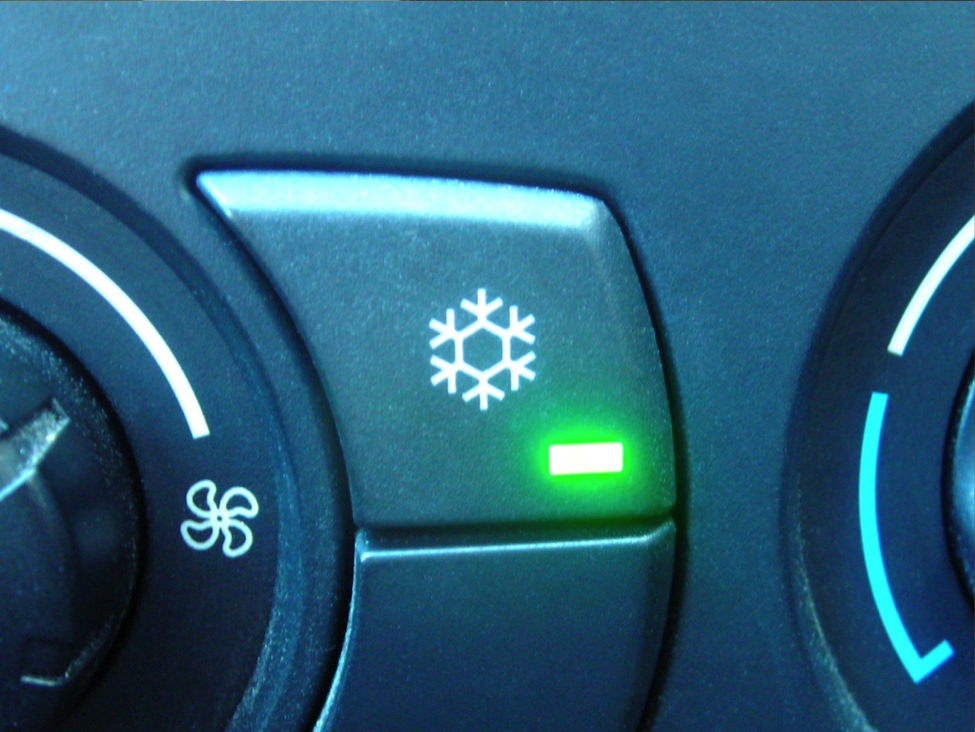Ozone/CFC Compliance in Automobile Air Conditioning

These days, there are growing concerns about environmental protection. As we become more and more aware that we need to change our use and consumption of environmentally harmful materials, there are increasing restrictions on what kinds of things we can use on a day-to-day basis, and how we can use them. Air conditioners have long been a thorn in the side of environmental friendliness – as chlorofluorocarbons (CFCs) have been shown to cause ozone damage.
However, with the right restrictions placed on air conditioners, they’re perfectly capable of being compliant with new regulations. There has also been a push to use less harmful hydrofluorocarbons (HFCs) as an alternative to CFCs. This has meant an increase in the trades training B.C. offers in air conditioning servicing and repair, especially on motor vehicles. Certification as an air condition specialist means you’re able to work on air conditioning units and have the right information to adhere to strict regulations, helping keep society cool and protect the ozone layer at the same time. Check out this eccentric video of the intricacies involved in repairing a leak in an automobile’s air conditioning unit.
Restrictions on Motor Vehicles and Air Conditioners
Driving around in the summer some time without an air conditioner will make you realize how valuable they are to the comfort of drivers and passengers. However, because of the potential harm to the environment, automobile air conditioning units have to be maintained with expert care and attention. Certification in handling Freon and other CFCs is essential to finding work as an air conditioning specialist for motor vehicles, because you are unable to buy, sell or perform repairs on units with Freon or other CFCs in them without proper certification.
Replacing Old Air Conditioning Units
In the mid 90s, due to the increasing awareness of environmental damage, the government phased out the production of CFC-12, a notoriously damaging CFC. However, those in auto careers know that many old vehicles still have air conditioners that run on this type of CFC. While it’s not legally required for you to replace your old air conditioning unit, if it starts to have problems or fall into disrepair, it’s extremely unlikely you will be able find someone to repair it, or to restore it with the necessary CFCs. While using CFC-12 is still legal, the production of it isn’t – that means once the supply is gone, it’s gone for good.

Upgrading
It’s much cheaper and easier than you’d expect to replace your automobile’s aging and out of date air conditioning unit with one that’s more efficient and better on the environment. Not only will it do a far better job of cooling down your vehicle without running the gas dry, but you can breathe easily knowing that you’re not contributing to the destruction of the ozone layer.
Job Prospects
Because more and more air conditioning units will have to be replaced to comply with increasingly rigorous standards, this means that the opportunities for jobs in the air conditioning servicing business are going to start climbing. Most auto mechanic schools offer short, supplementary courses that will get you certified as an air conditioning specialist that you can take alongside your regular studies. How’s that for a cool job prospect?

